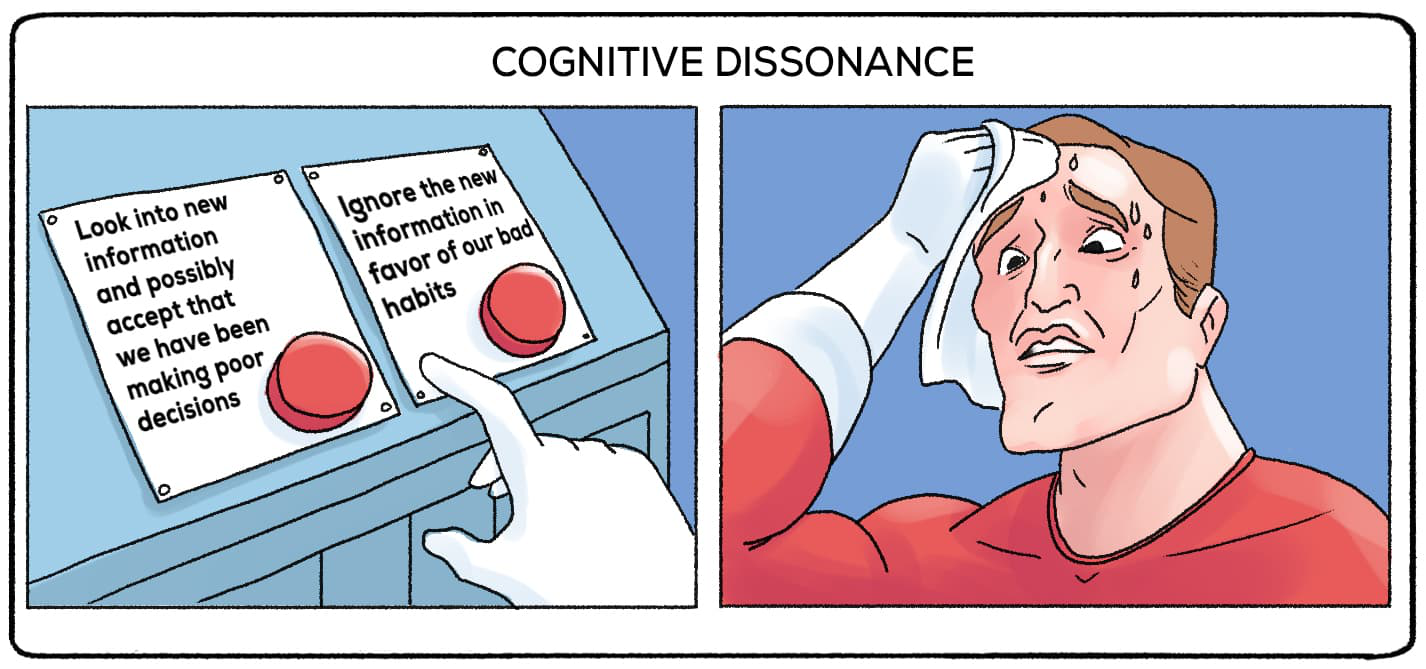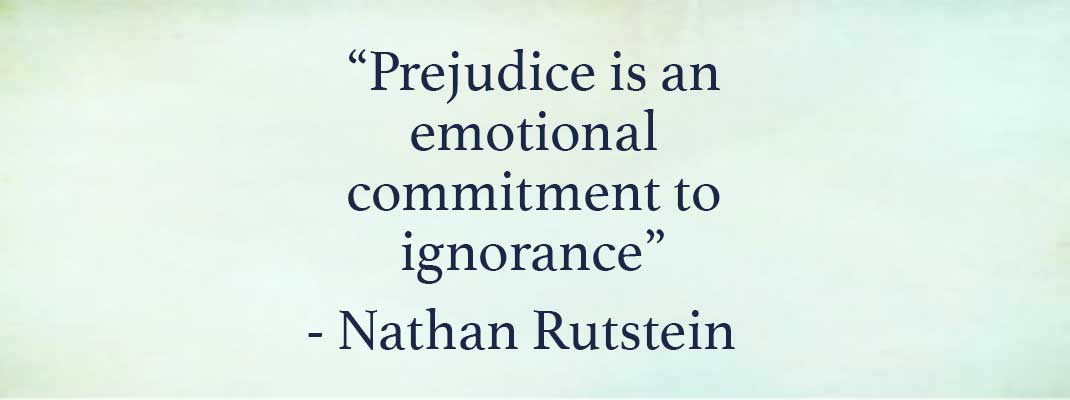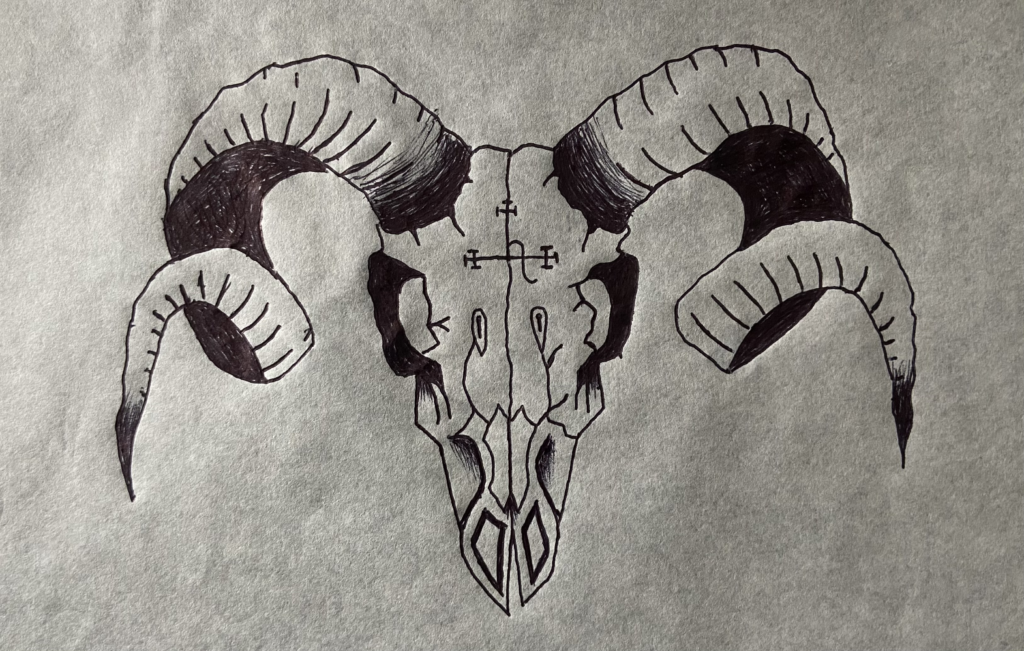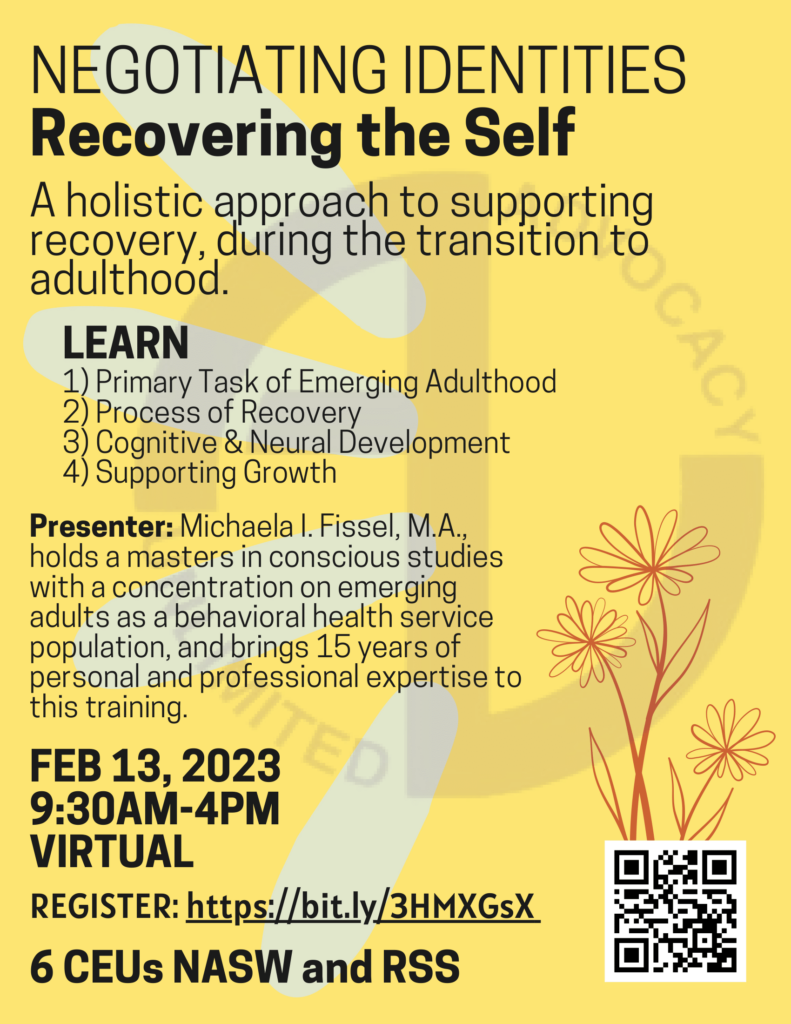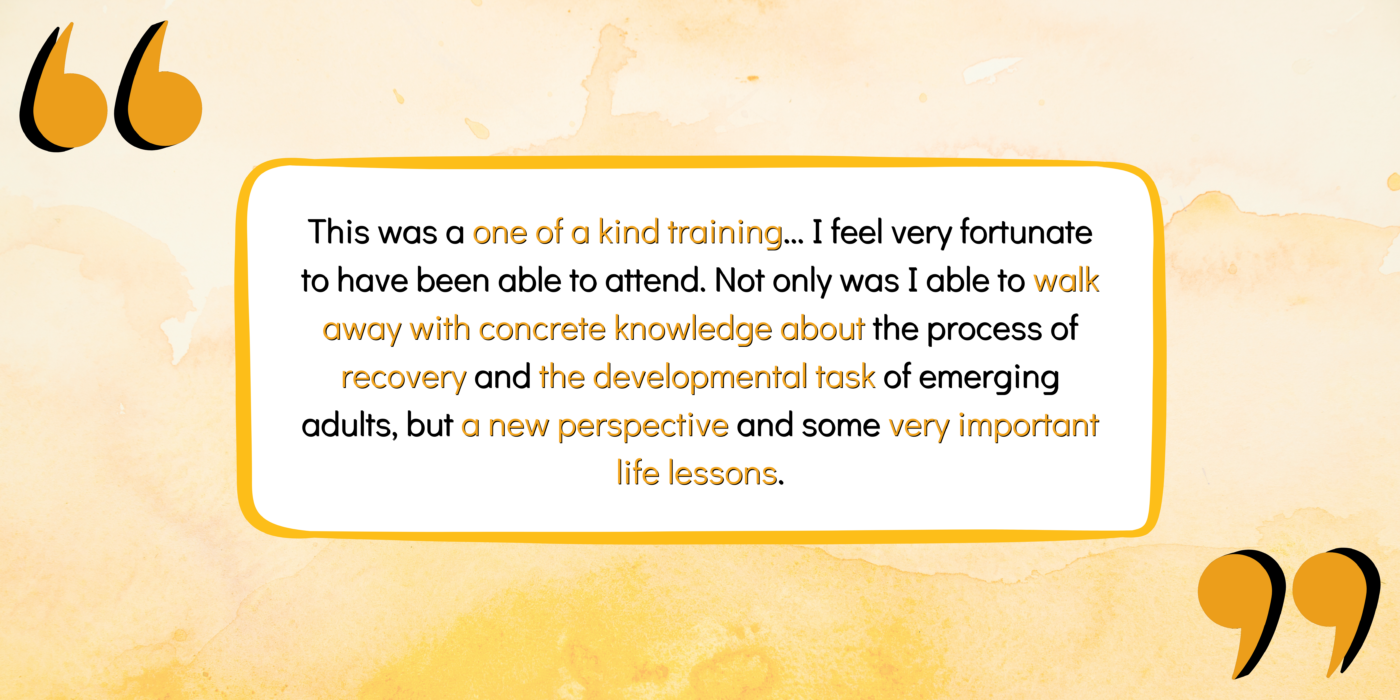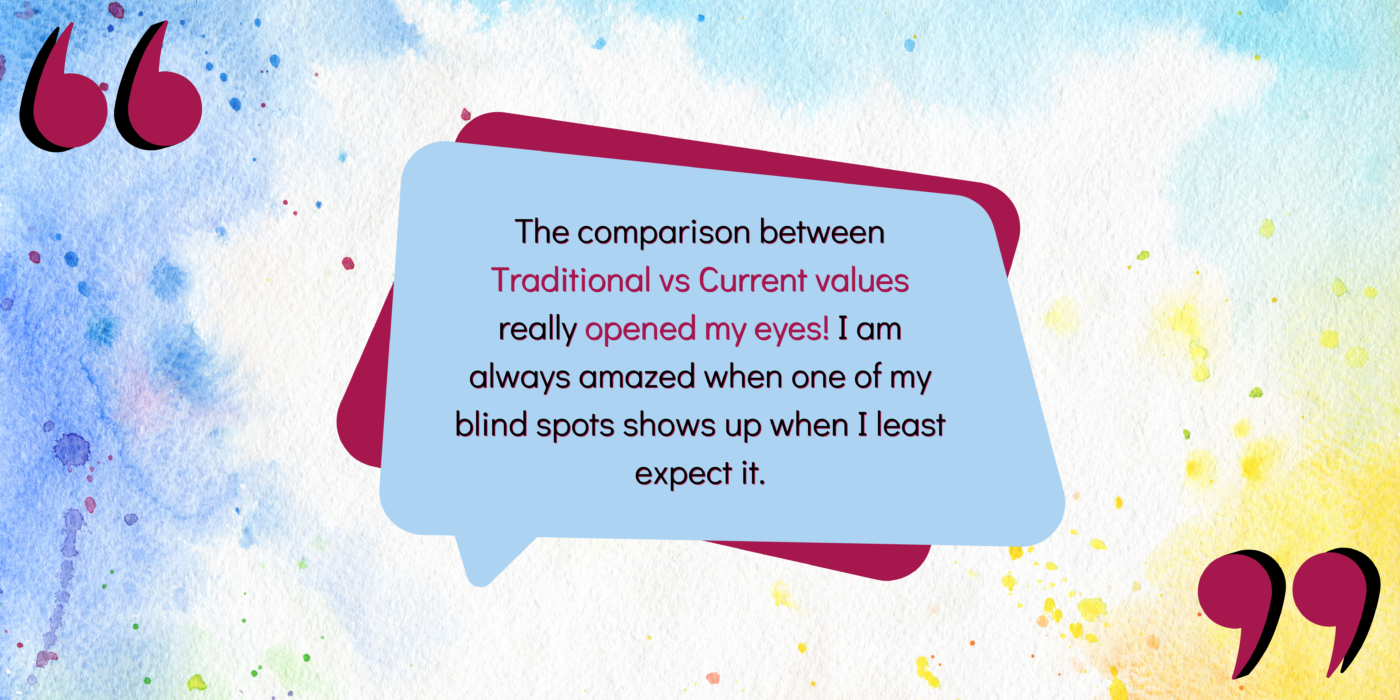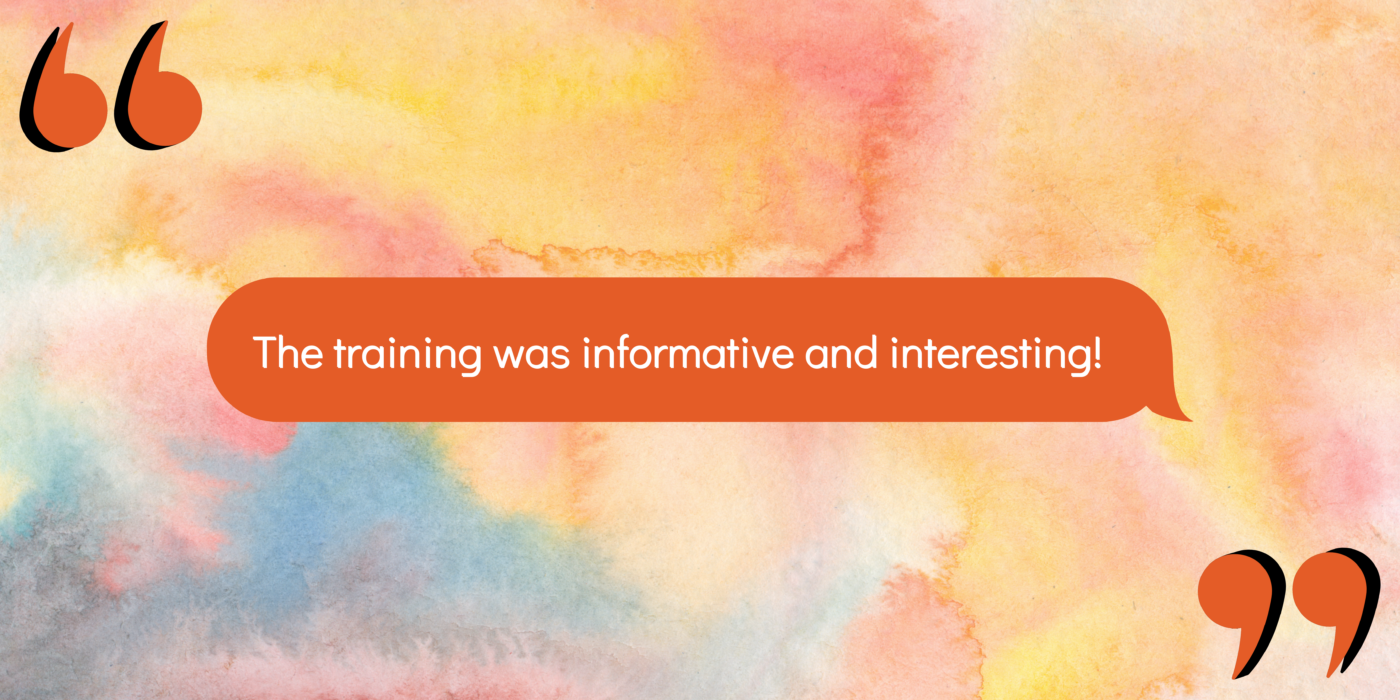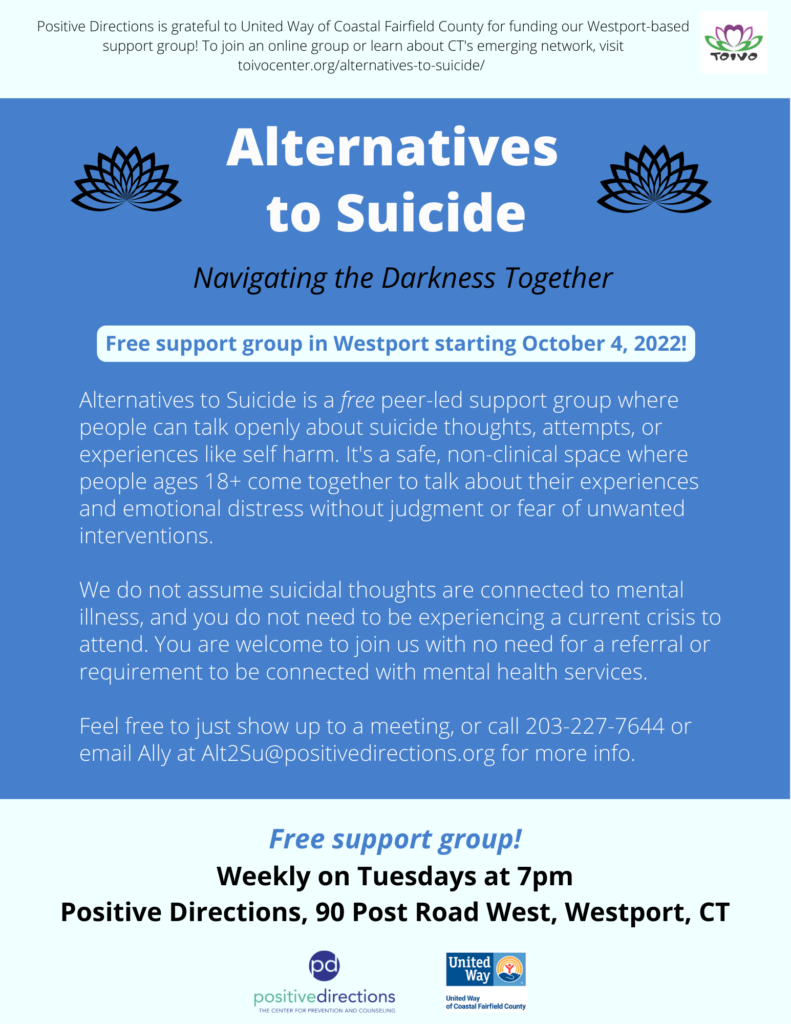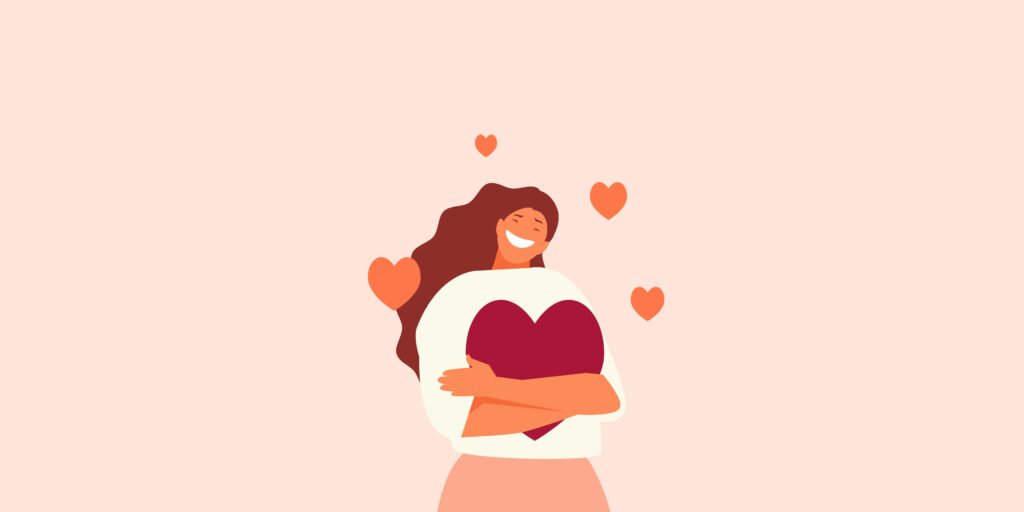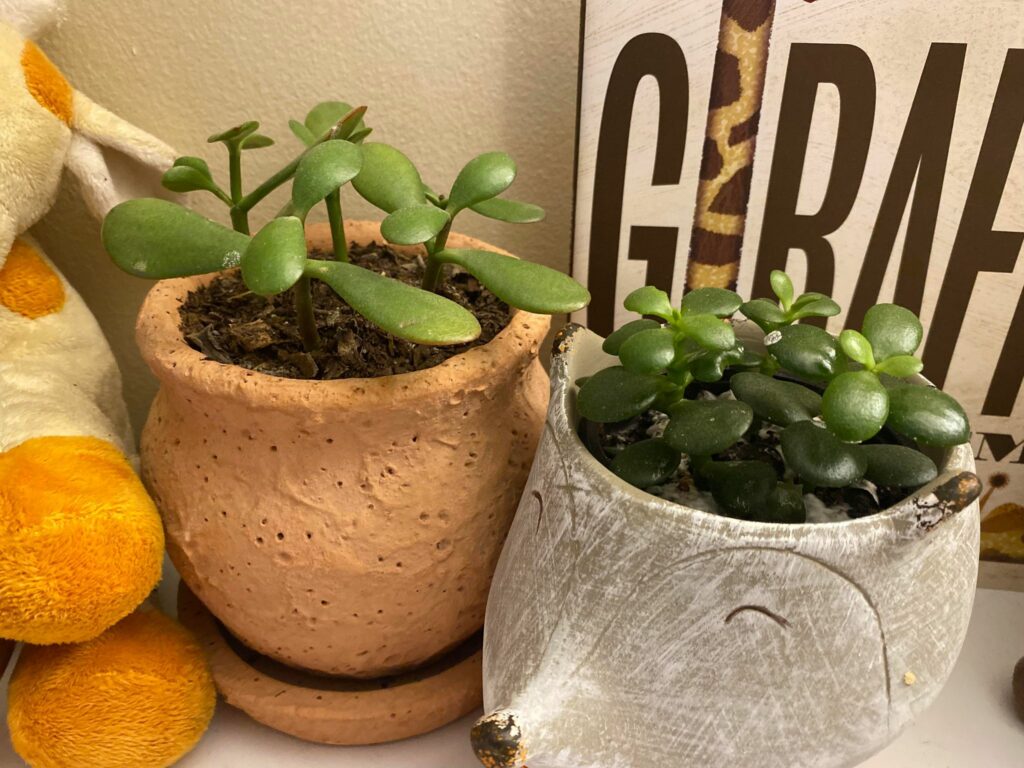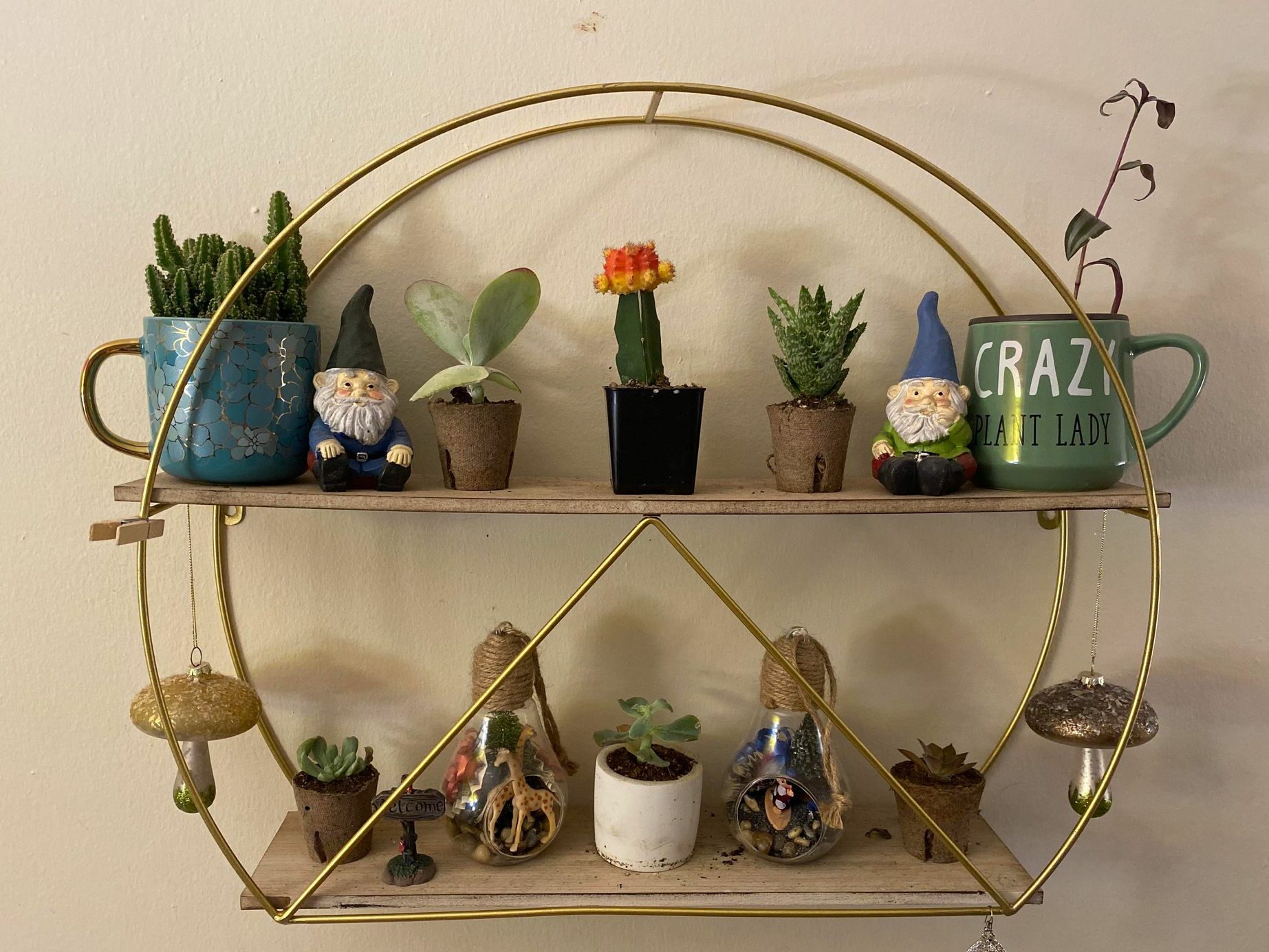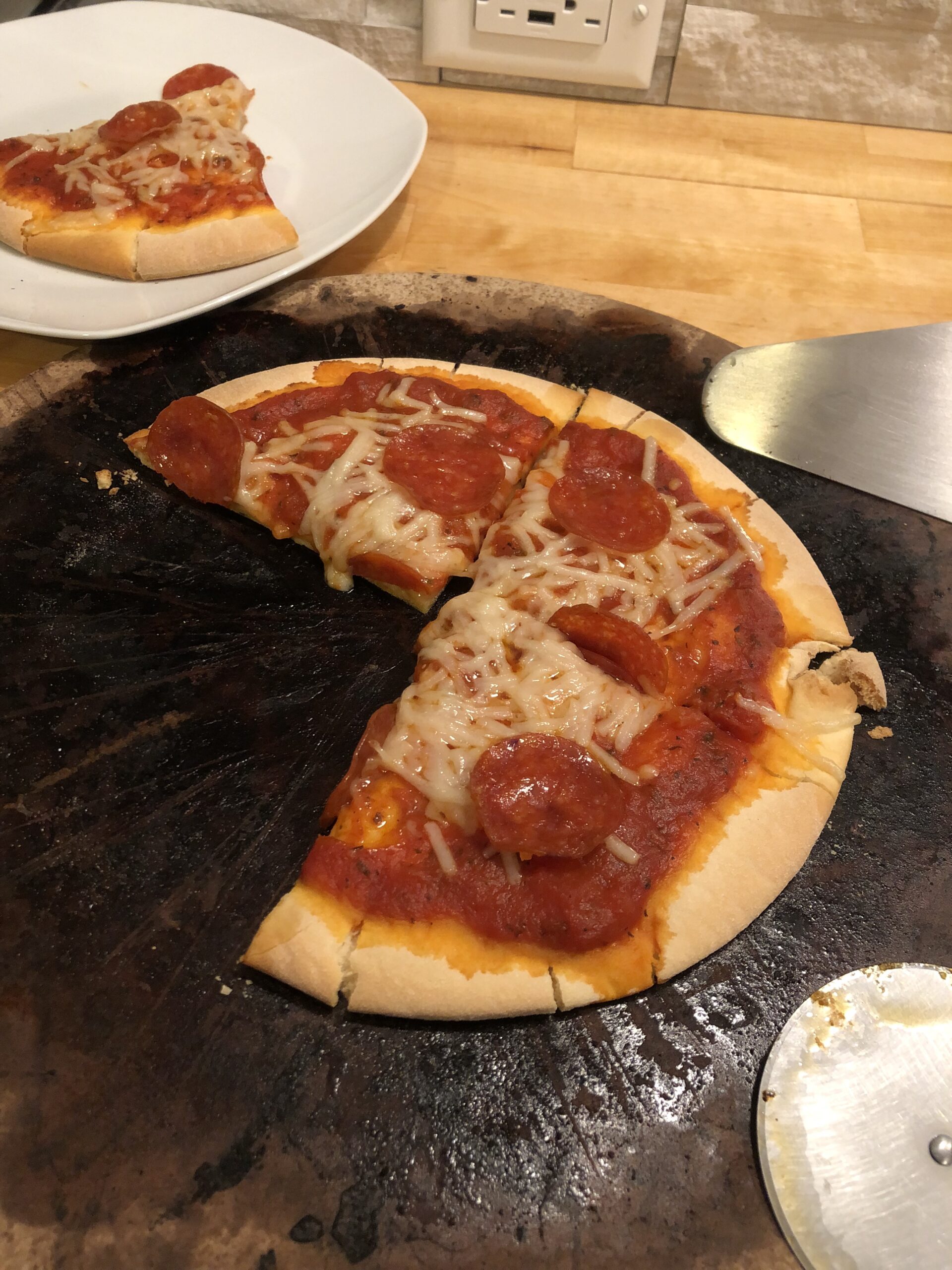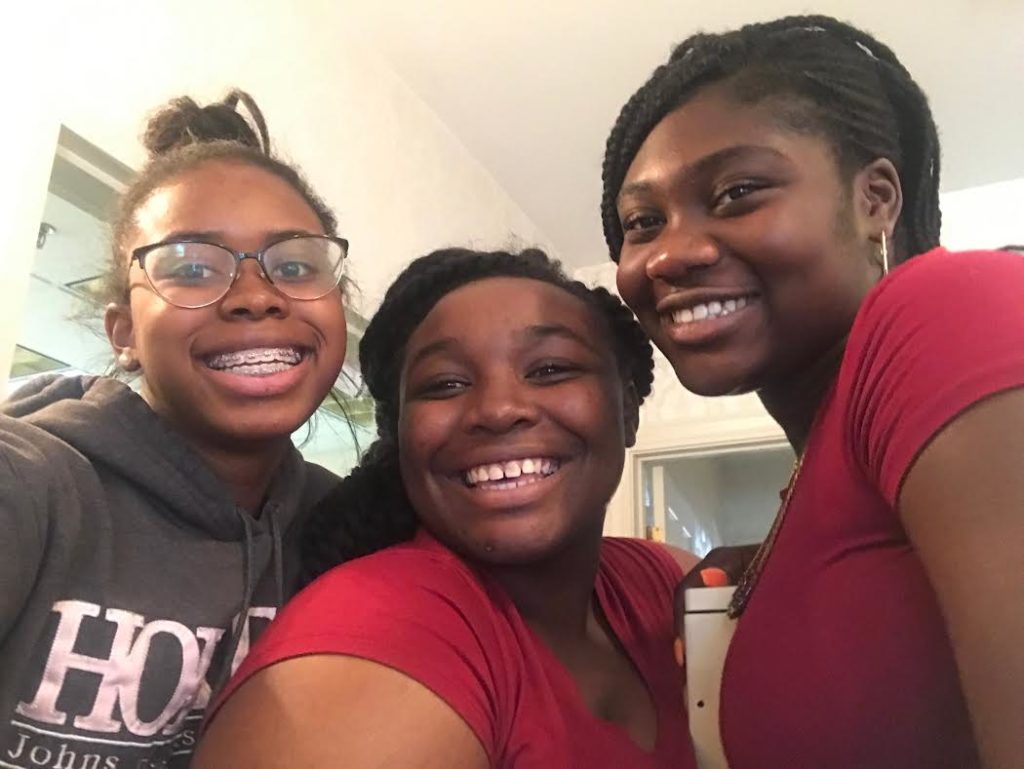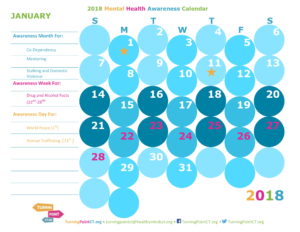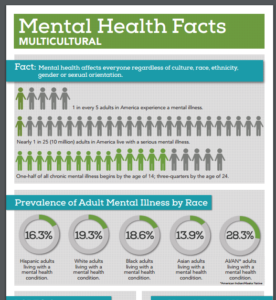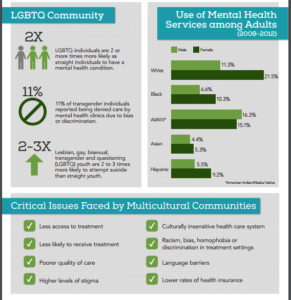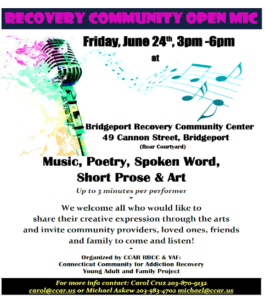Recently, I had a comment get a lot of attention on a viral Instagram Reel. Like it got two thousand likes. Unfortunately, viral content tends to bring out the trolls, and my comment was no exception.
For background, the Reel that went viral was about the Lost River Gorge in the White Mountains of New Hampshire, which has caves you can go through. I did the caves myself when I went, and I made a comment from my travel Instagram account about how the experience was not that fun for me because I’m claustrophobic. Image of my comment below.

Innocent enough, right? I was one of the first people to comment on the Reel before it went viral. I’m someone who really likes to engage with the accounts I follow because I like connecting with people on the internet who have similar interests. And like I said, I did do the caves. I’ll be honest though, I actually did have an anxiety attack at the end of one of the caves because the opening looked like it could only fit a child. Like I thought there had to be some mistake because it just looked that tiny.

Anyways, back to the comment. I had a troll reply to my comment basically telling me I’m fat, although he said I look a little chunky, which isn’t much better lol. Basically the joke was I’m too fat to fit through the caves. The comments were so ridiculous and they made zero sense. Like obviously I’m not fat AND I could fit through the narrow caves (even though it was anxiety-inducing).
The troll comments:


Like there was definitely a part of me that was like jeez if you’re going to attempt to bully me, at least bully me for something that makes sense. Anyone can take one look at me and see that I can definitely fit through the caves. In fact, I have videos of me going through tighter sections, just they’re not fit for the internet lol. Plus, I shouldn’t have to give proof of being thin enough to go through a cave.
This would have really bothered me back when I was really struggling with my eating disorder. And honestly, initially it did affect me. But, that was only because I was just more shocked than anything. At this stage of my recovery, for the most part I’m content with my body. I actually had a good weekend and was the most comfortable I’ve been in a bikini in years during a Memorial Day Weekend Party. If I was having a bad body image day, it might have affected me more than it did.
Working On Being Comfortable In Front Of The Camera
I’ve been trying to get in front of the camera more so I think that’s helped me a lot with how I view myself. I do still have bad days. But most times when I see video footage of me, I’m shocked at how good I think I look. Like I’ve been terrified of hating how my body looks in videos, but I’m finding it’s quite the opposite. I am actually happy about what I look like in these videos I’ve been taking of myself.
One of my recent videos:
Final Thoughts
While the comment didn’t affect me that much, I did worry about how that comment might affect others who saw it. While the comment was directed at me, I’m sure a lot of females, some of which probably have the same body as me, saw that comment. That comment could be absolutely devastating for so many people. It’s disgusting that some random person with no profile picture and a private account thought it was okay to comment that. It’s ALWAYS people hiding behind a faceless, nameless, private account. Miserable people who bully others for fun.
While the internet and social media can be such a great place (which I talk about in another post), trolls like this make it a living hell for a lot of people. I think part of what has helps me personally is not taking these people too seriously. Another great thing is blocking or hiding content that really does affect me negatively.
-Kailey







